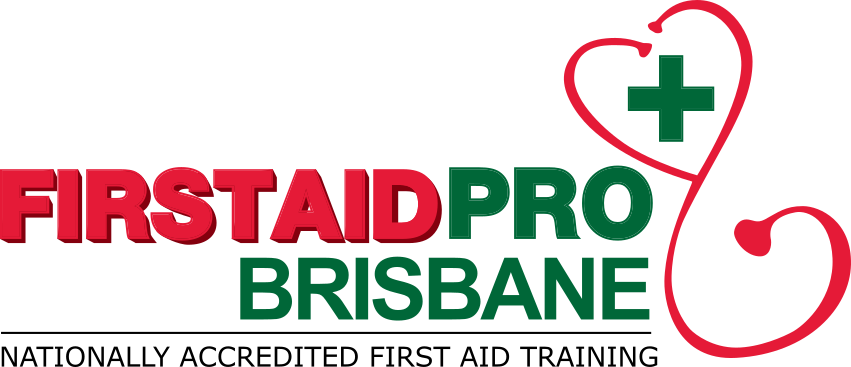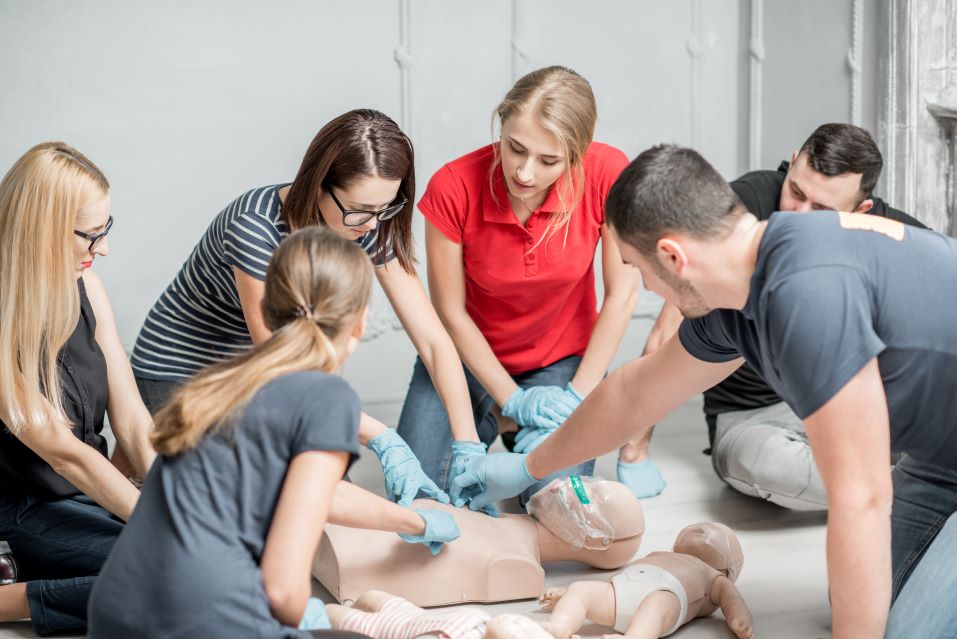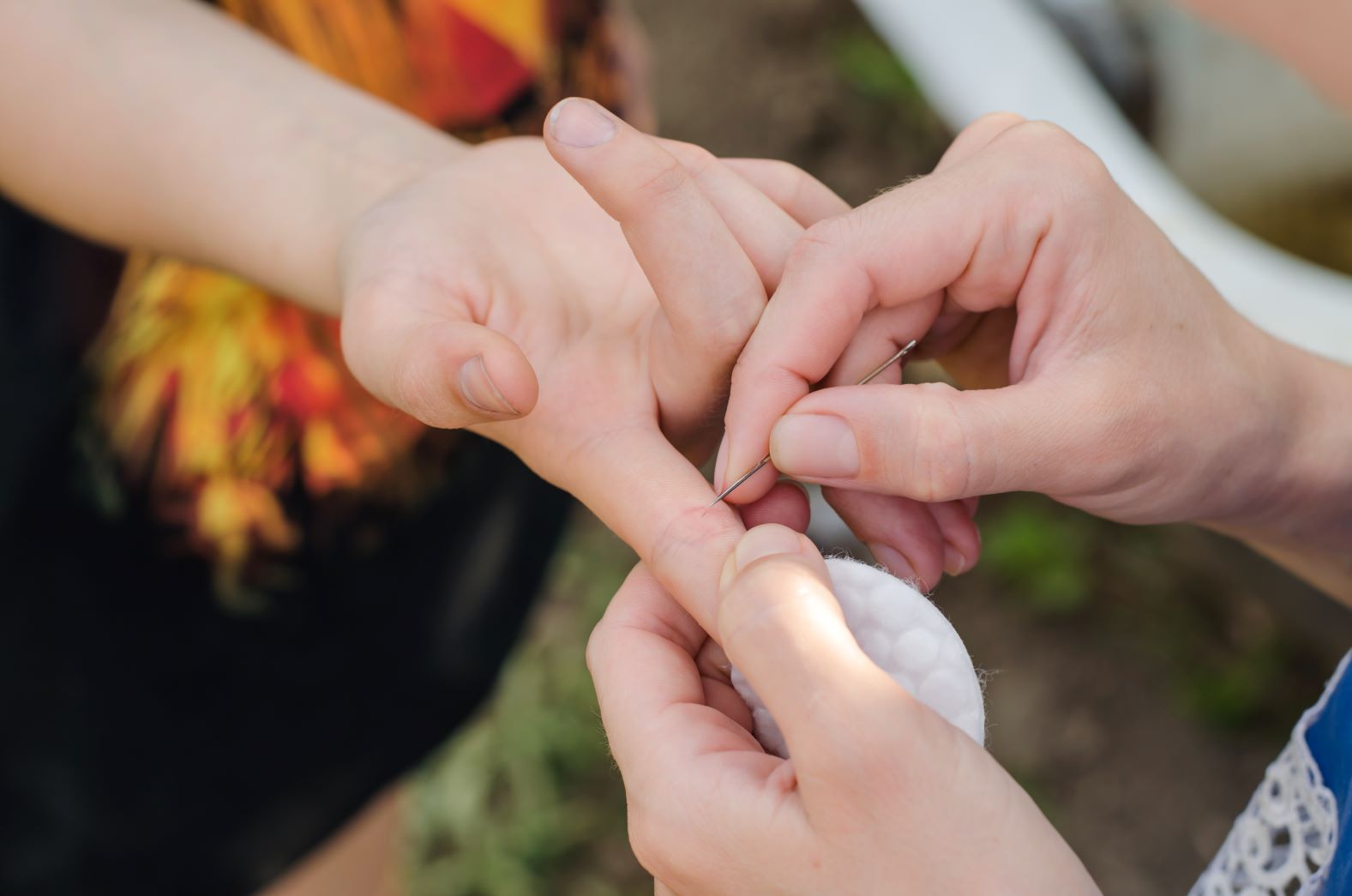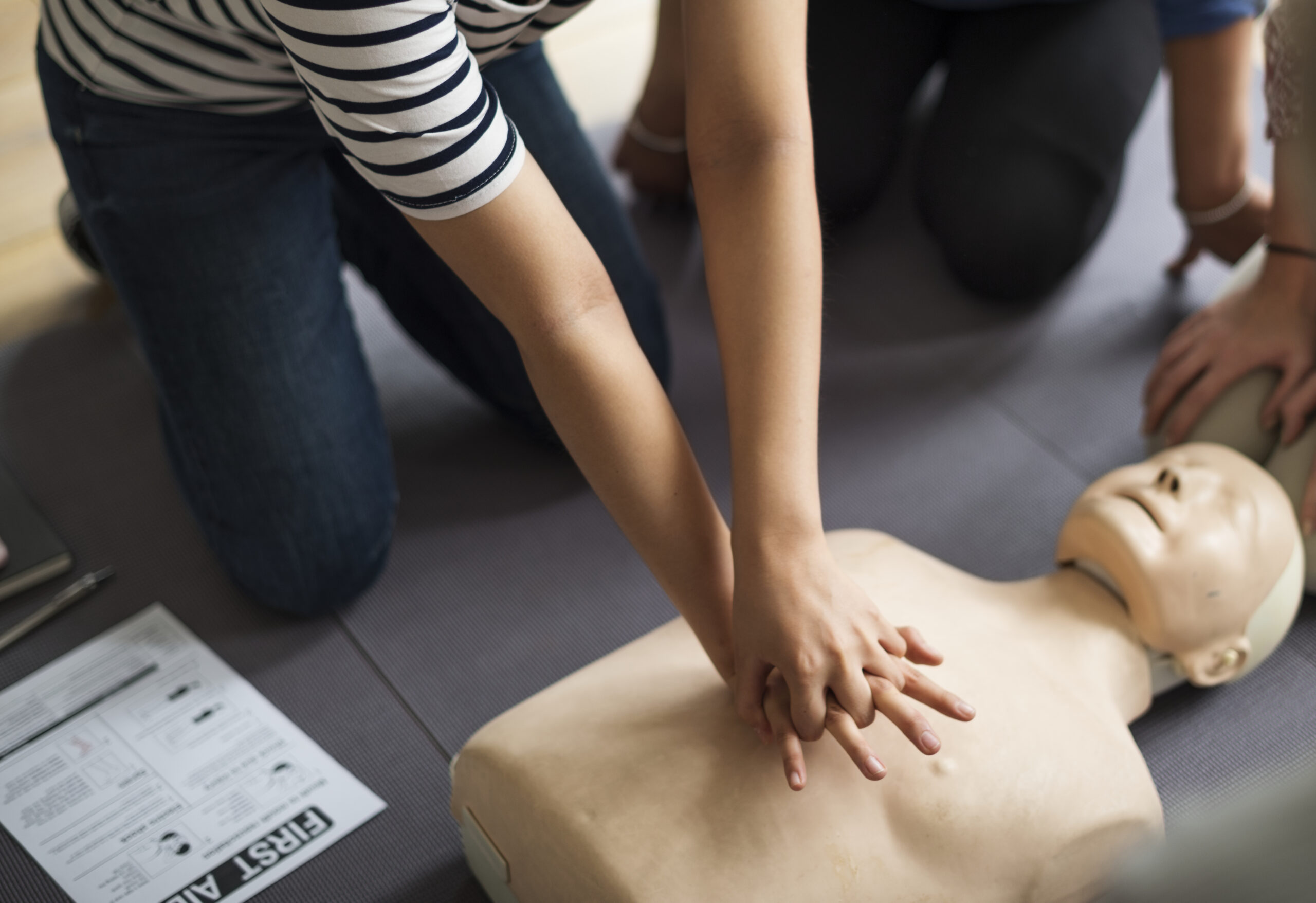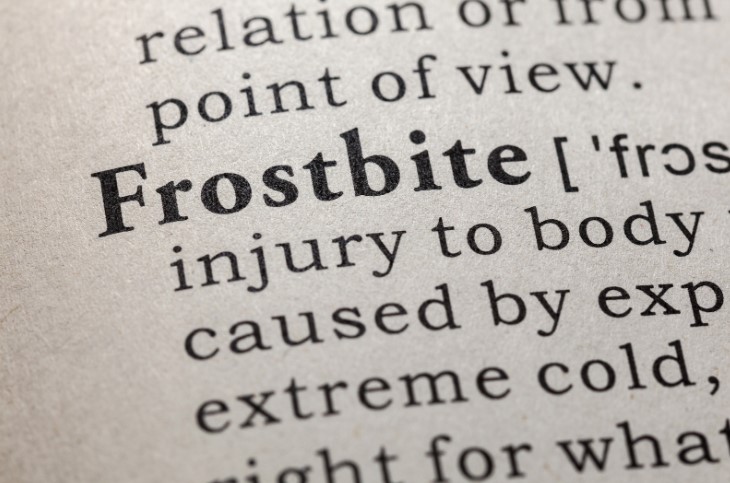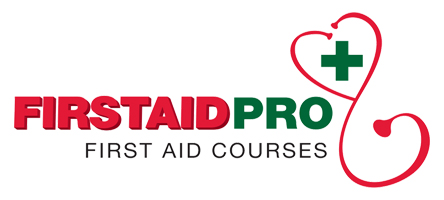Many people share common fear when performing CPR such as causing further injuries, getting sued, breaking ribs, etc.
In this article, we’ll tackle more about these misconceptions and fears that keep bystanders from providing life-saving care in a medical emergency.
Overcoming Fears To Save Lives
For people who suffer cardiac arrest in an out-of-hospital setting (OOHCA), the biggest difference between life and death is bystander CPR.
According to research, about 90% of victims who have an OOHCA die within a few minutes of no intervention. The chances of survival decrease per minute, which means the sooner resuscitation is started, the better will be the outcome.
Additionally, CPR can double and even triple the chance of the victim surviving and prevent lifelong complications. And for those who suffer SCA outside of a hospital, their survival often means getting resuscitated by a bystander who may be trained, but not a medical professional.
However, the problem lies in the lack of awareness and training for many people. Some bystanders are often reluctant to perform CPR due to a lack of skills, knowledge, and confidence in delivering this lifesaving procedure.
Here, we include the common misconceptions and fears that keep bystanders from performing CPR.
CPR Common Fears
Fear Of Hurting The Victim
Many people hesitate to step up in an emergency because of the fear of doing more harm than good. Or worse, they might break the rib of the victim.
The thing is, doing CPR correctly will not break ribs. For compressions, follow a depth of two inches on a full-grown adult to get the blood moving throughout the body.
It is highly suggested to undergo CPR training to know the proper ratio and step by step of this lifesaving technique.
Fear Of Being Sued
The chance of getting sued while trying to save lives is very unlikely. Every state in Australia has the Good Samaritan Law in place to prevent bystanders from suffering any legal consequence for attempting to save someone’s life.
The idea of the Good Samaritan law is for the ‘heroes’ to be rewarded, not punished. It encourages everyone to be brave to face their fear of CPR and step to help people during their most vulnerable.
Fear Of Performing CPR Incorrectly
One of the most common CPR fears is doing the techniques incorrectly.
For first timers, it is natural to be afraid however, with proper training, the more proficient you will become. Getting an annual CPR refresher course is also a good way to stay on top of the game.
Fear Of Contracting A Disease
Many would avoid stepping up in an emergency to avoid contracting a disease from performing resuscitation.
FALSE. Because the truth is the chance of catching a disease from rescue breathing is very, very, unlikely. We are not claiming it is not impossible, but chances are very low, and the immune system could handle most of it.
Fear Of Incompetency
Another common fear that keeps bystanders away from giving emergency assistance is the fear of incompetency.
Performing CPR on an actual victim brings more fear, which is a normal reaction. The solution to this is to stay up to date on CPR certification to refresh memory and practical skills.
Most training organisations offer a hands-on approach, where participants can practice learned skills on a manikin. Doing this on an annual basis will likely improve confidence in own ability.
Get CPR Training
The more you are equipped in handling an emergency, the better the odds of success. It is achievable through awareness, training, and facing fears that may stop you from taking any actions.
Take a CPR course and seek out all knowledge necessary to be ready to act in an emergency.
